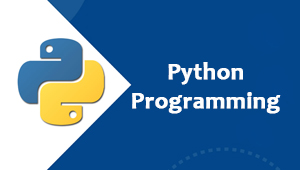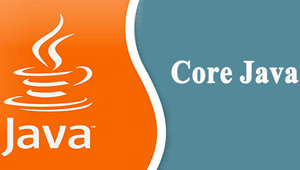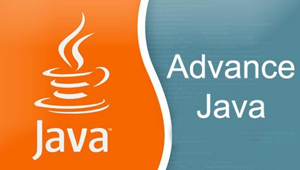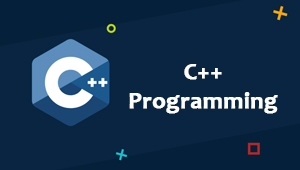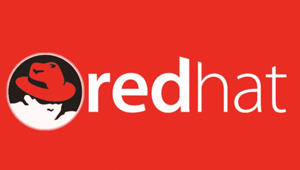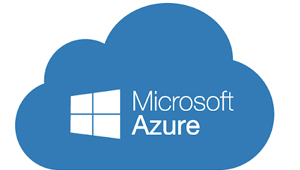Full Stack Web Development with Php
Coding Bytes provides 6 months Certificate Course in Php Full Stack Web Developer based on current industry standards that helps attendees to secure placements in their dream jobs in Industry.
- Course Fees: Rs. 30000/-
- Course Duration: 6 months
- 100% Placement Assistance
- 24*7 Expert Support
- Online & Offline Mode
- Affordable Fees
- Easy EMI
- Projects
Request a Call Back!
Php Full Stack Web Developer Certificate Course
Course Highlights
- Introduction to Web
- Core HTML
- Advance HTML 5
- Core CSS
- Advance CSS
- Core JavaScript
- Advance JavaScript
Bootstrap (Powerful Mobile Front-End Framework)
- Bootstrap Grid System
- Grid Options
Php
- Php Basic
- Control Statements
- Looping
- Php Functions
- Php Array
- Php Strings
- Php Maths
- Php Form
- Php Include
- State Management
- Php File
- Upload Download
- Php MySQL
Module 1: Introduction to PHP
- What is PHP?
- History and Evolution of PHP
- Advantages and Use Cases of PHP
- Setting Up a Local Development Environment (XAMPP, MAMP, or WAMP)
- Writing Your First PHP Script
- PHP Syntax Basics
- Comments and Documentation
- Embedding PHP in HTML
- Using PHP as a Command-Line Script
- Basic PHP Debugging Techniques
Module 2: PHP Basics
- Variables, Constants, and Data Types
- Operators and Expressions
- Control Structures (if, else, switch)
- Looping (for, while, do-while)
- Functions and Function Parameters
- Scope and Variable Visibility
- Super Global Arrays (e.g., $_POST, $_GET, $_SESSION)
- Associative Arrays and Iteration
- Error Handling (try-catch)
- Handling Dates and Times in PHP
Module 3: PHP Forms and User Input
- Creating HTML Forms
- Handling Form Submissions
- Form Validation and Sanitization
- Working with Form Data (e.g., POST and GET)
- File Uploads and Handling File Data
- Handling User Input (e.g., POST, GET, and Request Data)
- Cookies and Sessions
- Hidden Form Fields and CSRF Protection
- Captcha Integration for Web Forms
- Secure Data Handling and Best Practices
Module 4: PHP and Databases (MySQL)
- Introduction to Databases and SQL
- Connecting to a MySQL Database
- Executing SQL Queries in PHP
- Retrieving Data from the Database
- Inserting, Updating, and Deleting Data
- Prepared Statements for Database Security
- Working with Multiple Database Tables
- Database Transactions
- Stored Procedures and Functions
- Database Optimization and Indexing
Module 5: Object-Oriented Programming (OOP) in PHP
- Introduction to OOP
- Classes and Objects
- Properties and Methods
- Constructors and Destructors
- Inheritance and Polymorphism
- Encapsulation and Abstraction
- Interfaces and Abstract Classes
- Traits and Composition
- Namespaces in PHP
- Design Patterns and Best Practices
Module 6: Error Handling and Exception Handling
- Handling Errors in PHP (error_reporting)
- Introduction to Exceptions
- Throwing and Catching Exceptions
- Custom Exception Classes
- Exception Handling Strategies
- Error Logging and Debugging
- Error and Exception Reporting in Production
- Handling Uncaught Exceptions
- Error and Exception Best Practices
- Testing and Debugging Techniques
Module 7: PHP and Web Development
- Working with HTTP Headers
- Handling RESTful APIs
- Web Services and SOAP
- Web Security and SSL/TLS
- PHP Frameworks (e.g., Laravel, Symfony)
- Content Management Systems (e.g., WordPress)
- Dependency Management (Composer)
- Building a Basic CRUD Application
- URL Routing and Rewriting
- Working with AJAX in PHP
Module 8: PHP Security
- Common Security Threats in Web Applications
- Data Sanitization and Validation
- Password Hashing and Authentication
- SQL Injection Prevention
- Cross-Site Scripting (XSS) Prevention
- Cross-Site Request Forgery (CSRF) Protection
- Session Security and Management
- Secure File Uploads
- Content Security Policy (CSP)
- Best Practices for PHP Security
Module 9: PHP and Front-End Integration
- JavaScript Integration with PHP
- Template Engines (e.g., Smarty, Blade)
- JSON and AJAX Requests
- Responsive Web Design and CSS Frameworks
- Creating Dynamic Web Pages
- Integration with Front-End Libraries (e.g., jQuery)
- Using Web APIs (e.g., Google Maps)
- Building Interactive Web Applications
- Optimizing for Mobile and Accessibility
- Browser Compatibility and Testing
Get Following Benefits :

Job Oriented Training

Job Assistance

Work on Live Projects

Get Course Certificate
Other Courses
Python Programming
Learn Advanced Python Coding
Duration: 3 months.
⭐⭐⭐⭐⭐ 4.9 (1268 ratings)
Fees: ₹14999

